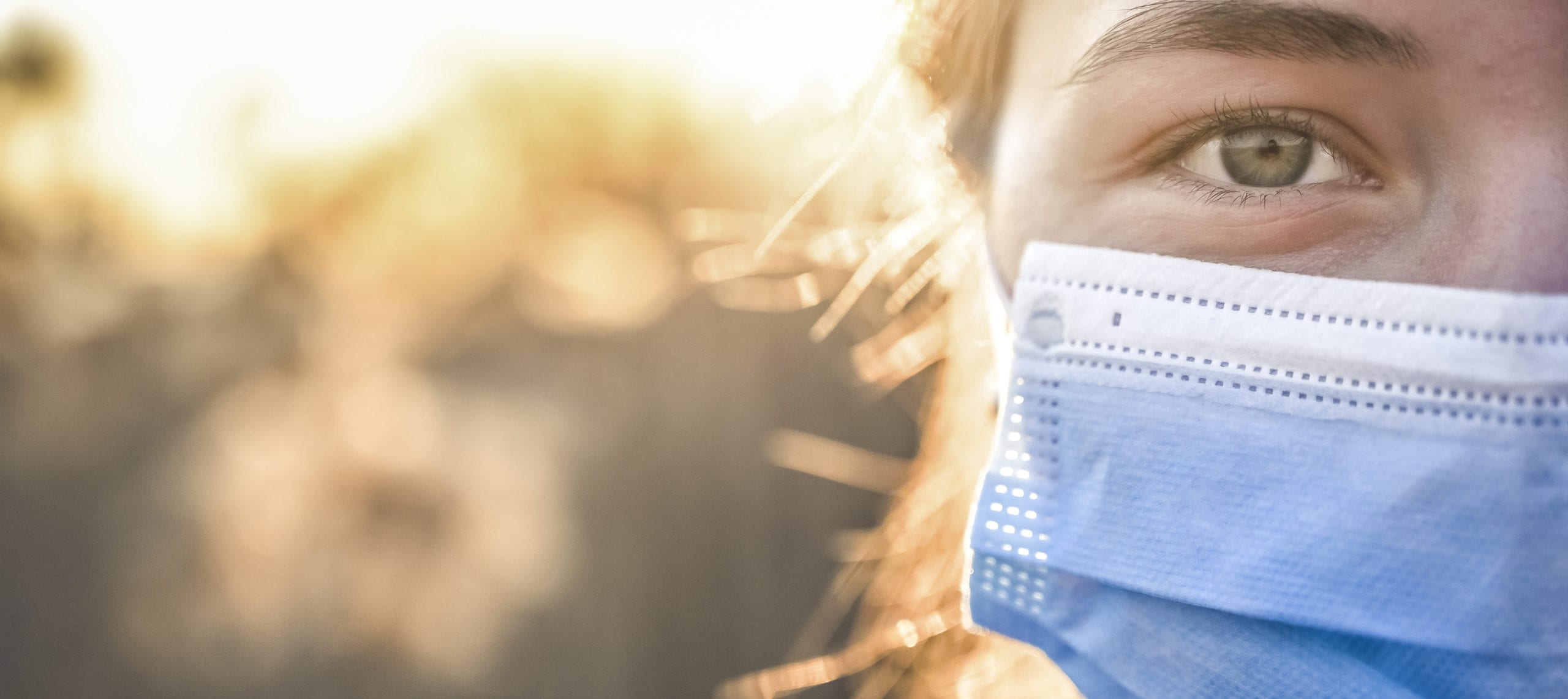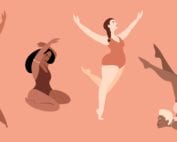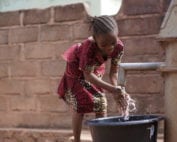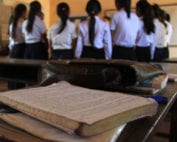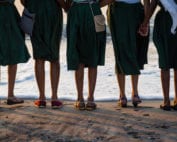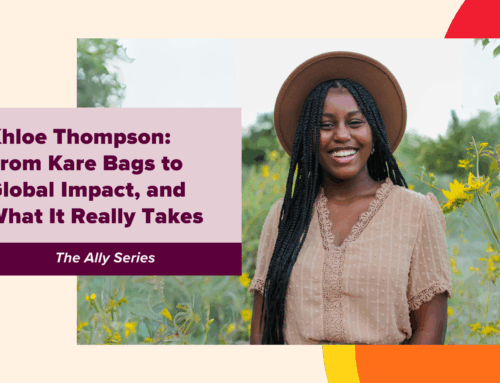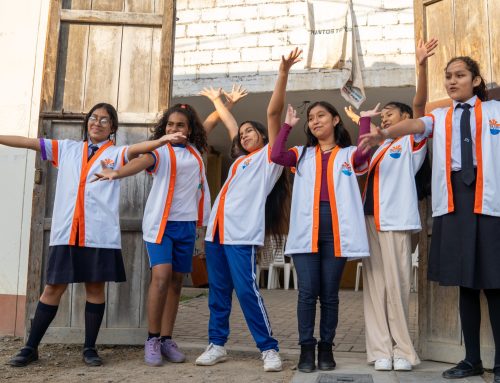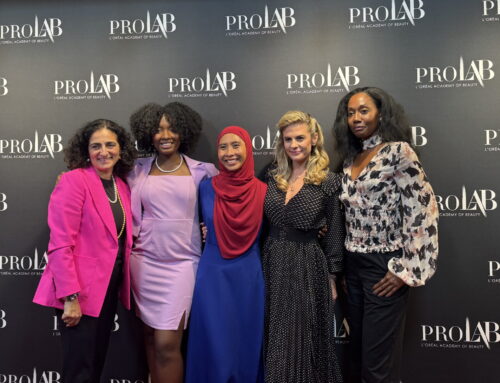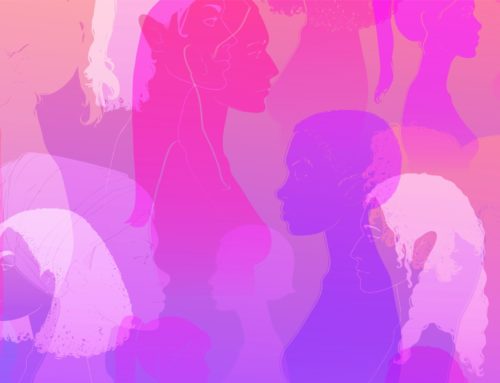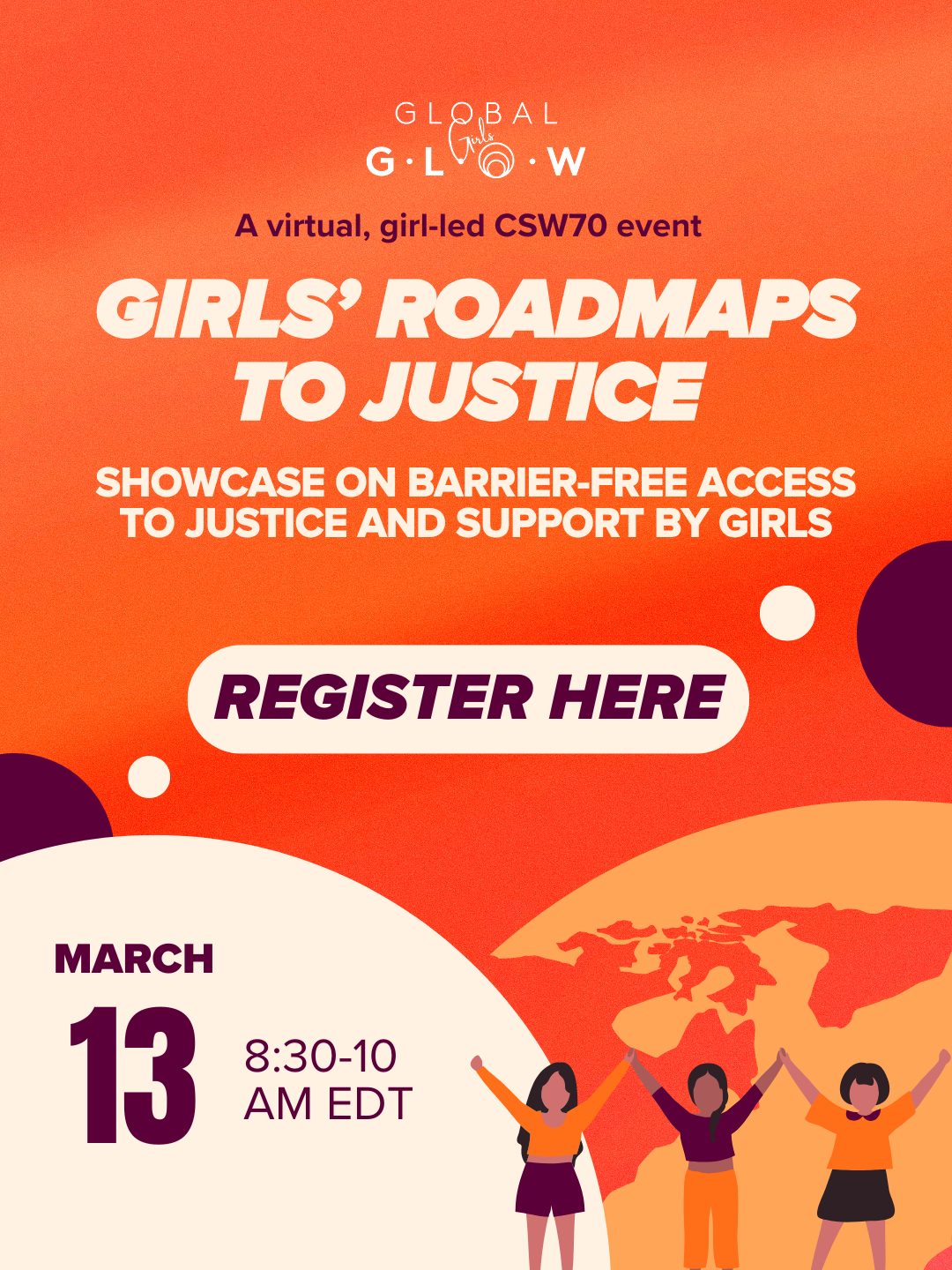The Effects of COVID-19 Hit Girls and Women Particularly Hard
Girls and women, especially those in vulnerable communities, are much more impacted by a health emergency.
Though COVID-19 is novel, the effects of a pandemic are not. Research shows that global health emergencies such as the one we are in now are particularly hard on girls and women, and especially those in low-income communities. While the health implications of the virus are scary, the indirect toll it takes on girls can be equally severe, and we must act to protect those who are most vulnerable.
Why girls?
We know that girls’ school absenteeism is a pervasive issue at all times. During a health crisis, pressure to perform domestic work like taking care of the sick can cause this to increase. Moreover, if family income needs to be supplemented, girls are often forced to work, since boys’ education is still prioritized in many communities around the world.
During the Ebola crisis in 2014, incidence of teenage pregnancy dramatically increased in Sierra Leone. Girls were not permitted to return to school once pregnant. Research also shows that epidemics and their attendant stresses can increase the risk of domestic abuse and other forms of gender-based violence. This is particularly concerning now, since many girls and women are locked down with their abusers with little to no refuge.
An additional consequence of infectious disease is the potential for racism towards a specific group of people who are already vulnerable social groups, such as ethnic minority populations. In the case of COVID-19, we have seen this play out in the Asian community.
Intervention Strategies are Essential
From the onslaught of this pandemic, the Global G.L.O.W. staff has worked closely with partner organizations around the world to identify intervention strategies for each of the issues mentioned above, as well as potentially new concerns that are unique to COVID-19.
One cross-cutting intervention has been phoning families of G.L.O.W. members and checking in with them regularly. One partner, Milele in Kenya, has been calling mothers and asking to speak to their girls in G.L.O.W. programs; they ask questions to provide support and important tips for staying healthy.
Having a safe space for girls (like Global G.L.O.W. clubs!) can be an important intervention for teenage pregnancy. Since the majority of clubs around the world are not able to meet in person, we continue to explore options for virtual or teleclubs during this time. In the midst of the Ebola crisis, our partners from Child Welfare Society in Sierra Leone started a radio program to engage girls in the community and have deployed a similar strategy now.
Though Global G.L.O.W. does not have a specific intervention to address gender-based violence, we have urged our partners to research community resources (like this one in the U.S.) or reach out to local government officials and ask that they provide better solutions for sexual and domestic violence during epidemics. This is something we invite you to act on as well.
When it comes to racist behavior many of us have witnessed toward the Asian community, it is imperative that we all work together to create awareness for this issue and better educate folks on this virus and its origins. Here are some helpful tips.
We are proud of the steps our partners across the globe have taken to ensure girls remain safe and healthy, both mentally and physically. As we recognize this situation is constantly evolving, we are also proactive in addressing the changing needs of girls everywhere. We invite you to join our community via Facebook, Instagram and Twitter to learn more and to hear firsthand the stories of the girls in our programming who continue to inspire us everyday.

